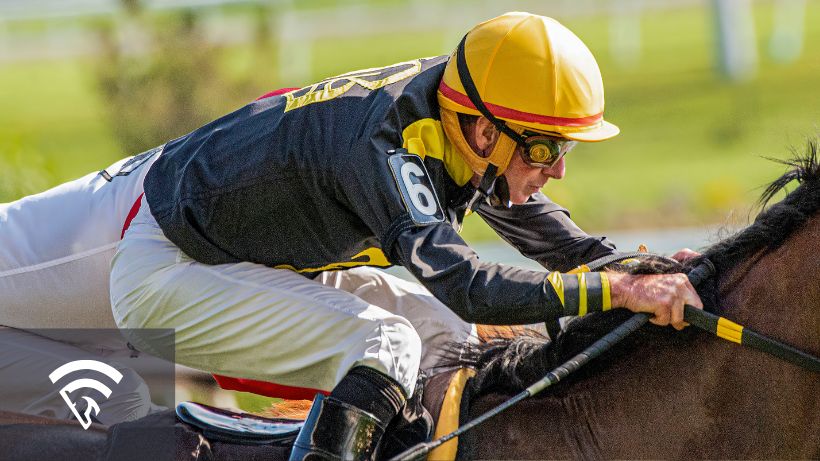A jockey in horse racing is the professional athlete who rides the horse during a race. These highly skilled riders play a pivotal role in a horse's performance, using their expertise to guide, position, and motivate the horse throughout the race. Despite their small stature, jockeys must possess exceptional physical strength, agility, and mental focus to succeed in this demanding profession.
What Does a Jockey Do?
A jockey’s responsibilities extend far beyond simply sitting on a horse. They are an integral part of a racehorse’s success, and their duties include:
- Race Strategy: Jockeys study a horse's strengths and weaknesses, as well as the competition, to develop a strategy for the race. This might involve deciding whether to push for an early lead, conserve energy for a late surge, or position the horse to avoid traffic.
- Communication with the Horse: During the race, jockeys use subtle cues like hand movements, weight shifts, and the reins to guide the horse. These cues help the horse navigate the course, adjust its speed, and respond to changes in the race.
- Maintaining Balance: Jockeys must stay perfectly balanced in the saddle while traveling at speeds of up to 40 mph, often crouching in a low, aerodynamic position to minimize drag.
How Are Jockeys Selected?
A horse's owner or trainer usually selects the jockey based on the rider’s experience, track record, and familiarity with the horse. Many jockeys develop strong relationships with specific trainers or owners, and successful partnerships often result in repeated opportunities to ride top-performing horses.
Physical Demands and Challenges
Being a jockey is one of the most physically demanding roles in sports. Jockeys must adhere to strict weight limits—typically between 110 and 120 pounds—while maintaining enough strength to control a 1,000-pound racehorse. They often follow rigorous diets and exercise regimens to stay within the required weight range.
Additionally, the job comes with significant risks. Falls and injuries are common, and jockeys must constantly balance the thrill of competition with the dangers of riding at high speeds in tightly packed fields.
Famous Jockeys in History
Over the years, certain jockeys have become legends in the world of horse racing, including:
- Bill Shoemaker: One of the most successful jockeys of all time, with over 8,800 career wins.
- Laffit Pincay Jr.: Known for his incredible stamina, Pincay held the record for most wins until it was broken in 2006.
- Julie Krone: The first female jockey to win a Triple Crown race (the Belmont Stakes in 1993).
The Role of the Jockey in Race Outcomes
While the horse’s ability is critical, a jockey’s decisions during a race can make the difference between winning and losing. Choosing the right moment to make a move, positioning the horse to avoid traffic, and maintaining a strong finish are all skills that require years of experience and practice.
Understanding the role of a jockey provides deeper insight into the sport of horse racing. These athletes are not only skilled riders but also strategic thinkers, balancing the horse’s potential with the challenges of the race. The next time you watch a race, take note of how the jockey maneuvers their horse and executes their strategy—it’s an art form in itself.
